The 9th International Academic Forum on Asia and the Middle East was successfully held at Shanghai International Studies University (SISU) on September 27-28, 2025. The forum was jointly organized by the Middle East Studies Institute of Shanghai International Studies University and the Chinese Association of Middle East Studies.
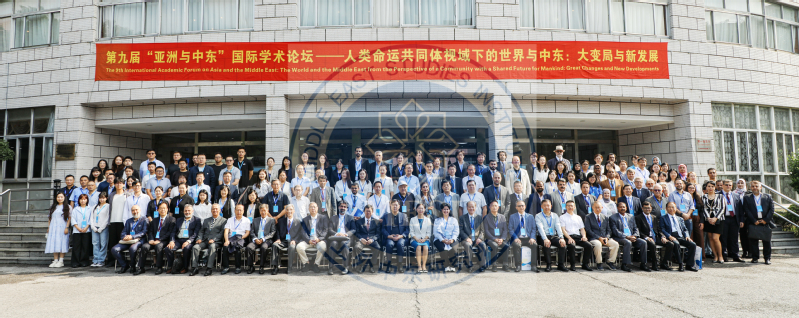
Under the theme The World and the Middle East from the Perspective of a Community with a Shared Future for Mankind: Great Changes and New Developments, the forum brought together over 150 experts, scholars, and diplomats from more than 31 countries across Asia, Africa, Europe, the Americas, and Oceania, as well as nearly 100 Chinese universities and research institutions.
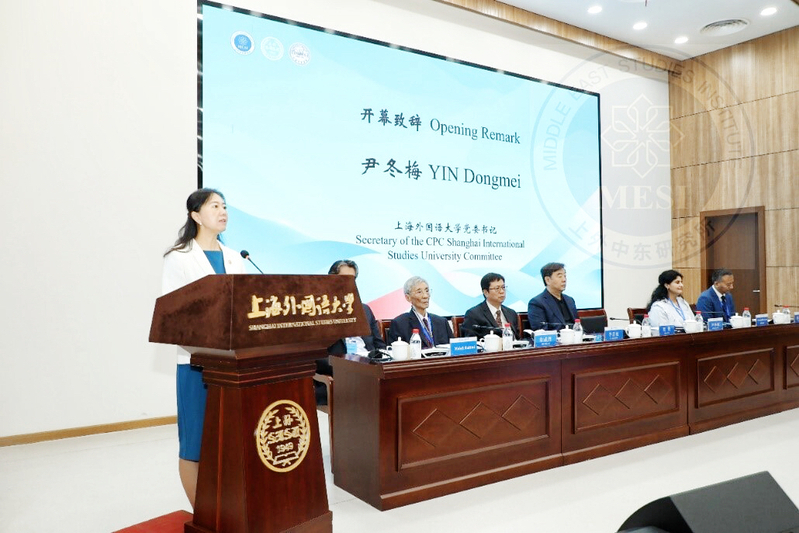
In the opening ceremony, Secretary of the CPC Shanghai International Studies University Committee Yin Dongmei expressed sincere gratitude to the domestic and international guests. She highlighted SISU's historical mission of promoting people-to-people exchanges and the fruitful achievements of its Middle East Studies Institute, a Key Research Institute of Humanities and Social Sciences under the Ministry of Education. Secretary Yin emphasized that the forum's theme resonates with the profound changes unseen in a century, contributing to the study of China's global governance vision—represented by the Global Development Initiative, Global Security Initiative, Global Civilization Initiative, and Global Governance Initiative—in the Middle East context, thereby offering wisdom for the region's sustained development, peace, and stability.
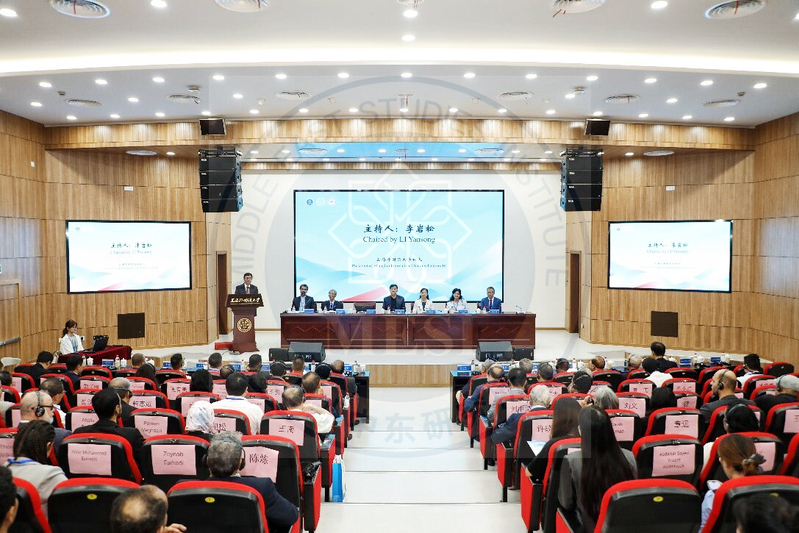
President Li Yansong noted that the gathering of scholars from dozens of countries reflects the high academic recognition the forum enjoys. He outlined SISU's ongoing comprehensive reforms aimed at enhancing academic disciplines and talent cultivation. As the Chinese lead university for the China-Arab Universities 10+10 Cooperation Plan, SISU is committed to deepening academic exchanges and promoting civilizational dialogue.
Workshop Discussions: Deep-Dive into Key Areas
The forum featured five parallel sub-workshops and one special workshop, covering a wide range of topics:
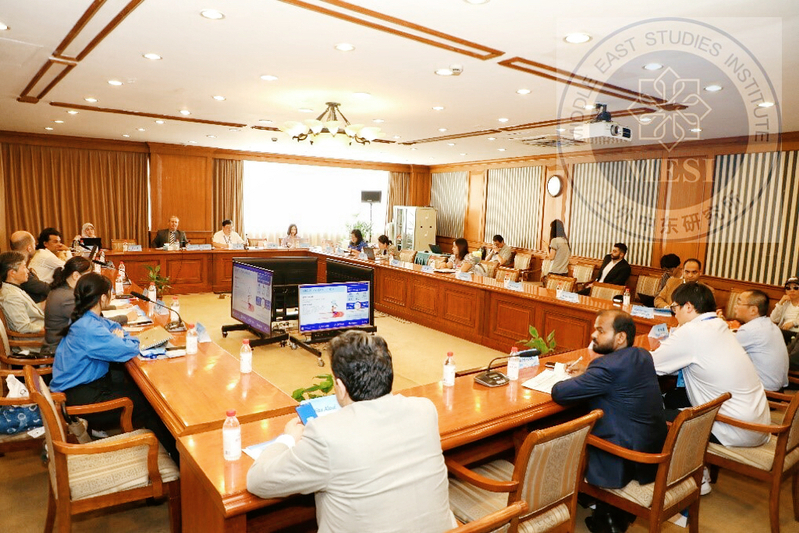
A More Dynamic Framework for Innovation: Focused on technology, digital innovation, AI, digital diplomacy, cultural exchange, education, and soft power.
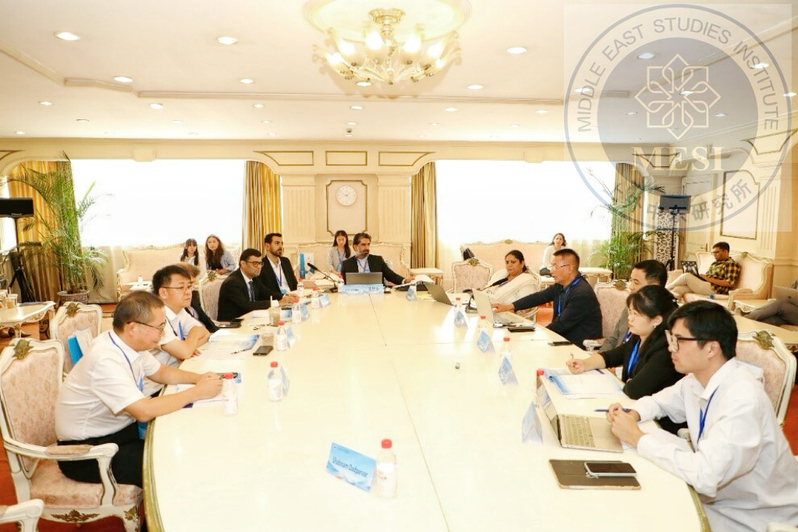
An Expanded Framework for Investment & Finance Cooperation: Explored historical and economic dimensions of Gulf-major power interactions, regional cooperation, and financial structures amid Sino-US competition.
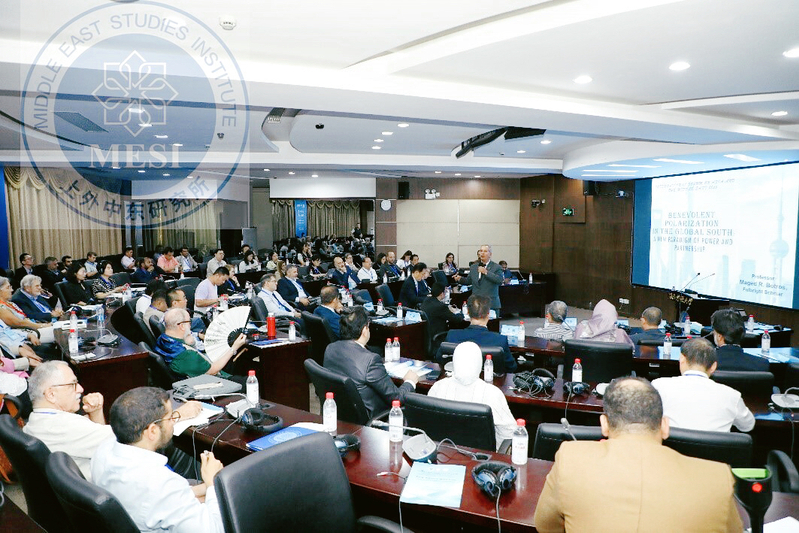
A More Balanced Framework for Mutually Beneficial Economic and Trade Ties: Analyzed interactions between the Shanghai Cooperation Organization and Middle East countries, China's influence in West Asia, trade dependencies, and regional perceptions of the Belt and Road Initiative.
A More Multifaceted Framework for Energy Cooperation: Divided into sessions on Geopolitics and Major Power Games and Energy Security and Technological Transition, discussing strategic balances, alliances, energy transition, water diplomacy, and green hydrogen.
A Broader Framework for People-to-People Exchanges: Sessions on Civilizational Mutual Learning and Historical Dialogue and Middle East Modernization and Cultural Politics examined cultural diplomacy, diaspora policies, economic diversification, digital transformation, and modernization cooperation.
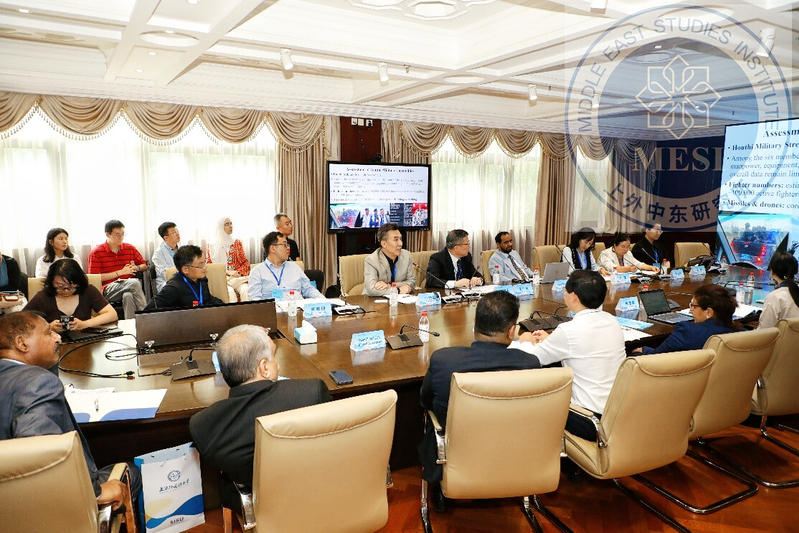
Special Workshop: Discussion on Regional Hotspots: A dedicated seminar on Yemen and the Red Sea: Dynamics, Security, and Regional Implications, co-hosted by the Chinese Embassy in Yemen, the Sana'a Center for Strategic Studies, and SISU Middle East Studies Institute, was held. Two sessions delved into Yemen's internal governance, regional interactions, the Houthis, energy transition, historical contexts, and potential roles for Chinese diplomacy in reconciliation and Red Sea security.
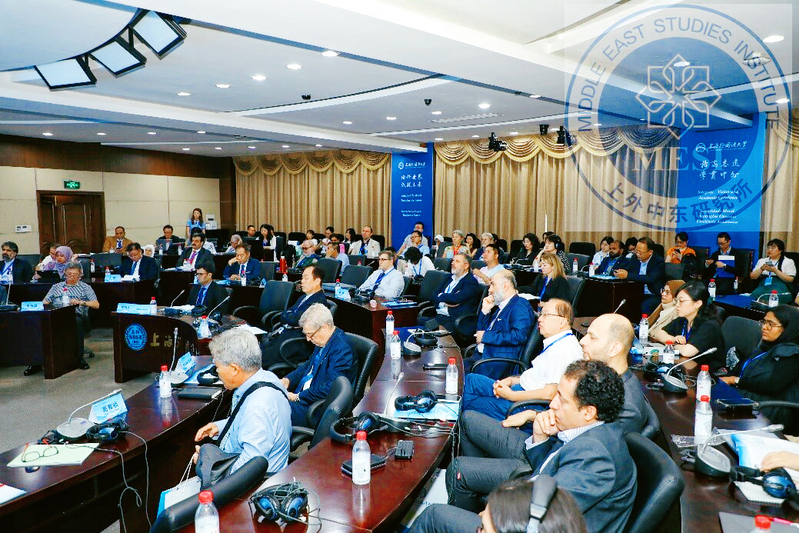
Closing Ceremony
The forum concluded with a ceremony chaired by Professor Ding Jun, Director of the Middle East Studies Institute of SISU. He expressed gratitude to all participants and pledged to strengthen international academic collaboration to enhance the forum's brand. Ms. Ren Qing from Taylor & Francis Group commended the forum's academic quality. Professor Ding Long, Deputy Director of the SISU Middle East Studies Institute, delivered the final summary, highlighting encouraging trends such as the expanded focus beyond traditional security to development issues and the innovative perspectives brought by young scholars, which inject new vitality into Middle Eastern studies.